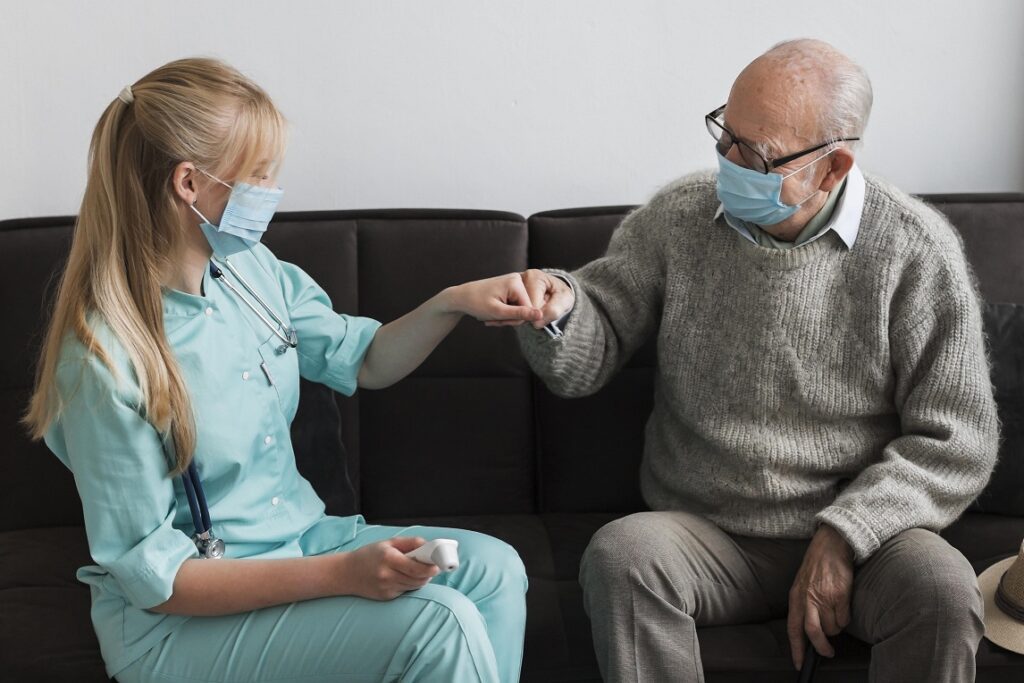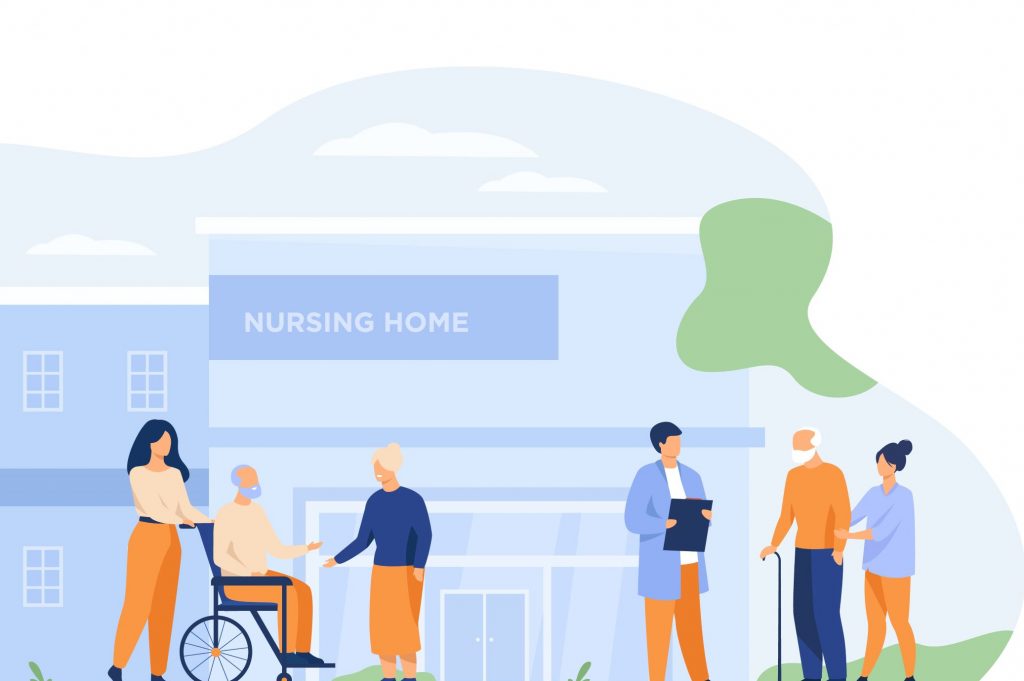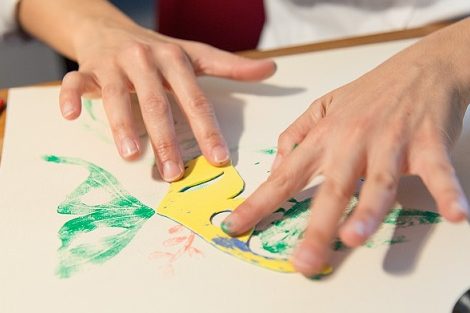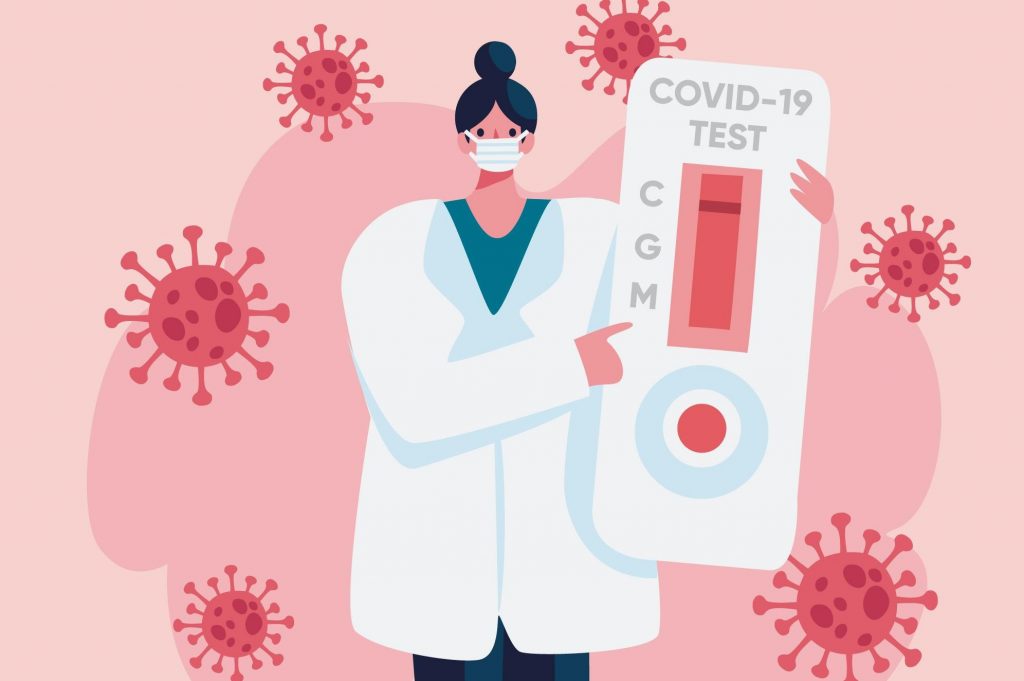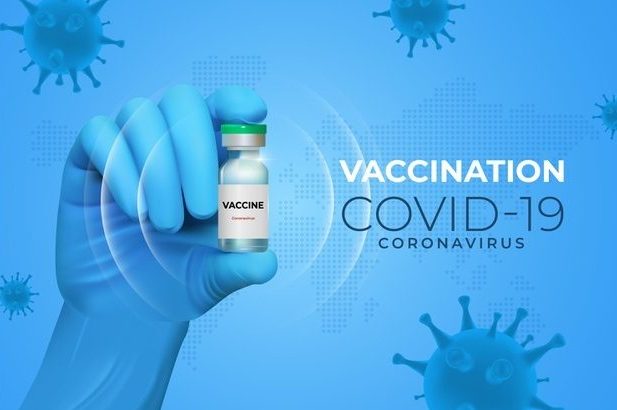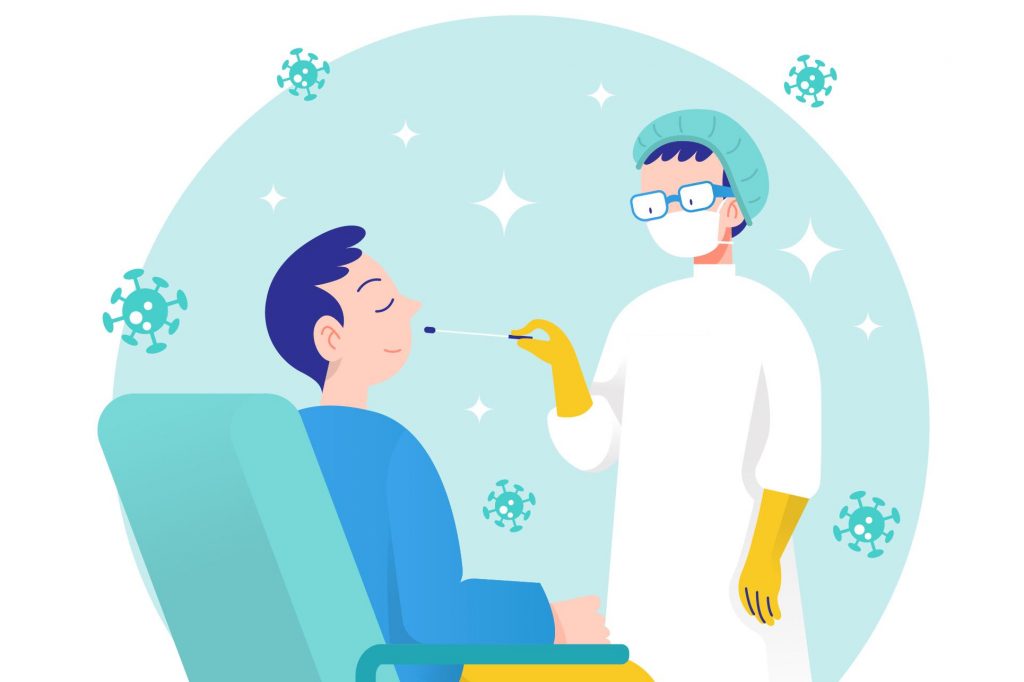The COVID-19 pandemic has presented challenges for many colleagues working in the social care sector, making retention and recruitment more important than ever. Vida Healthcare's Bernadette Mossman explains how she and her colleagues have been encouraging vaccination among their staff.
Coordinating staffing levels, mealtimes, medication and care planning in a care home is always challenging. Add COVID-19 to the mix and it's even harder. Find out how our 'Call to Care' recruitment drive helped the Woodfalls Care Home solve a staffing issue and keep its residents safe and well.
The National Care Forum, Rights for Residents and other partners have developed a set of resources, designed to provide practical support to care home staff, residents and visitors observing the current care home visiting guidance.
Partners in Care includes a growing suite of resources including a visiting charter and pledge, setting out shared rights, responsibilities and commitments all parties can sign up to. Download the resources and feel free to personalise them with - and for - the people and partners you work alongside and support.
"When the pandemic first hit... everyone’s lives changed. It felt scary, especially so for staff in our care homes who provide 24 hour support to people with learning disabilities. In an effort to help everyone understand what coronavirus was, we got creative. Using arts and crafts we made signs to remind everyone to wash their hands and keep to social distancing rules. Making the residents a part of the process helped them understand the rules."
As far back as early December 2020, care home provider Barchester Healthcare did everything possible to protect staff and residents from the infection risks posed by COVID-19. The introduction of lateral flow device (LFD) tests allowed them to further enhance their infection control measures...
Three effective COVID-19 vaccines are now approved for use in the UK. With their approval, and the rapid expansion of vaccination sites across the country, the national NHS COVID-19 Vaccination Programme is progressing at pace to reach the most vulnerable, working in line with the priorities set by the Joint Committee on Vaccination and Immunisation (JCVI). It is a testament to the importance of the work of health and social care staff that they have been prioritised by the JCVI to receive vaccination.
Clenton Farquharson's family have had many heated debates about the new COVID-19 vaccines and whether or not to take them. Clenton believes this is a common worry among Black, Asian and Minority Ethnic (BAME) communities, fueled by misinformation and a shortfall in efforts to assuage concerns about safety. He writes for the Social Care blog now to counter these issues, encourage honest conversations and presents a short video demonstrating how getting a COVID-19 vaccination is no big deal at all.
When it became apparent that coronavirus was a real and present danger to our communities – and that our health and care workers were on the frontline of the battle to contain it – we knew effective protection for these amazing people would be among our top priorities. The provision and distribution of personal protective equipment (PPE) has been a vital part of our strategy to keep care staff safe – especially those in care homes and other restricted care settings. Here's our update on how we're doing exactly that.
It takes more than a global pandemic to dampen spirits in this care home – just ask these care home residents! COVID-19 may have put a stop to much the White Rock Care Home could offer, but with a little creativity and being mindful of measures to prevent cross infection, they have still been able to engage and connect in a person-centred way...
If someone had told registered manager Melissa Jones three weeks ago her care home would be filled with the voices, laughter and tears of relatives being reunited with loved ones she wouldn’t have believed them. That was until she received an email from Cornwall Council looking for care homes to take part in a pilot for rapid COVID-19 testing for visitors...
